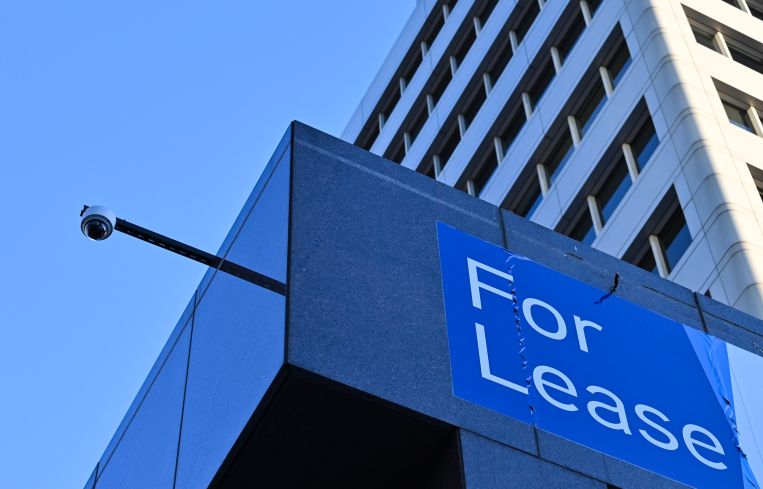Questions CRE Owners — Especially Office Owners — Have to Ask Themselves
By Harold Bordwin May 29, 2023 10:00 am
reprints
Many commercial real estate owners are facing a severe market downturn characterized by a significant decline in property values and investment returns.
The Vanguard Real Estate Index Fund, which focuses on investing in REITs that purchase office buildings, hotels and other properties, has plummeted recently. The Green Street Commercial Property Price Index also confirms the downward trend, with average prices dropping 15 percent since last March, especially impacting office spaces with a significant decline of 25 percent. Additionally, the S&P Office REITs index is nearing its 2009 low with a 45 percent decrease.
The drops in values can be attributed to various factors, including inflationary pressures raising operational costs and decreasing net operating income (NOI); increasing interest rates leading to higher capitalization rates; and remote work arrangements that have reduced demand for office spaces, particularly in central business districts.

In the midst of this, office building owners, facing rising vacancy rates and continuing rollover risk as leases expire, may need to reduce effective rental rates and increase tenant improvement allowances in order to attract tenants, all of which reduce NOI, further driving down values.
To tackle these obstacles, commercial property owners, especially office building owners, must gain a clear understanding of their properties’ present value, conduct a sensitivity analysis to anticipate potential outcomes over the next five to 10 years, and anticipate the value that a lender’s appraisal might reveal. Based upon those analyses, owners are faced with multiple decisions, often more than one at once:
- Given the current valuation and debt levels, does it make economic sense to invest in tenant improvements and/or building amenities? Will there be a return on investment?
- Will your lender work with you to extend debt maturities?
- Has your traditional lender sold the debt encumbering your property to a private investment fund? Is that fund a loan-to-own shop?
- What personal guarantees exist, if any?
- What are your workout/restructuring options?
- Should you sell or hold?
Real estate valuation issues come to a head when mortgages mature. Almost all fixed-rate debt that is now maturing is at very low interest rates of the past decade. Thus, owners seeking to refinance need to deal with not only more expensive debt but also with meeting lender’s loan to value (LTV) ratios at a time when valuations have decreased. All of this is made even more difficult by lenders’ tightening lending standards following the collapses of Silicon Valley Bank, Signature Bank and Credit Suisse.
Overall, the decline in commercial property values in this market environment is a significant cause for concern, especially for office building owners. While there is no way to predict exactly how the market will develop in the coming months and years, owners should be prepared for decreased demand and lower valuations. By taking a proactive approach and addressing these challenges head-on, owners can help to mitigate their financial risks and protect their investments.
Harold Bordwin is the principal and co-president of Keen-Summit Capital Partners.



